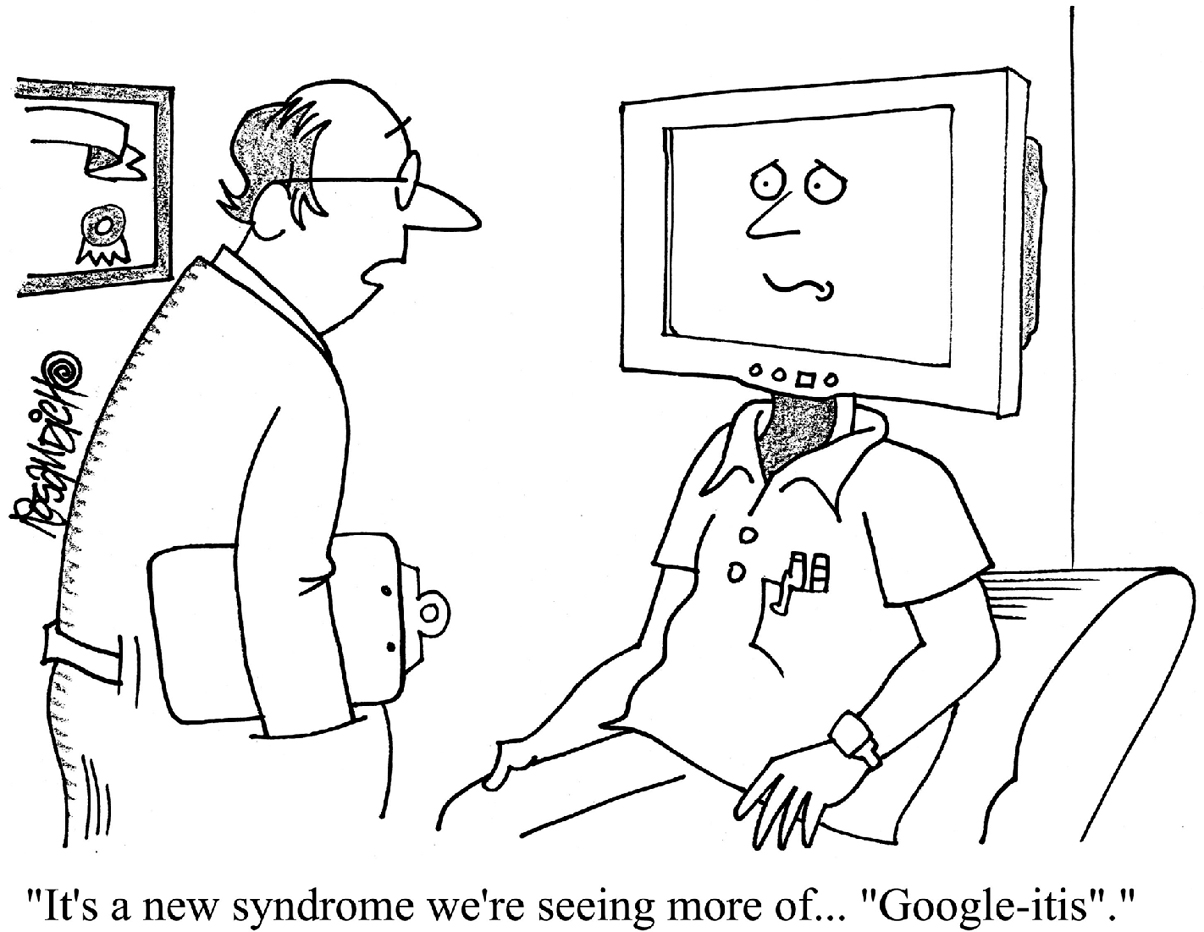techtip: CONDUCT EFFECTIVE SEARCHES
CONDUCT EFFECTIVE SEARCHES
Most of us frequently do casual research. But while Google, Wikipedia, and IMDb.com can provide some helpful answers, you will have to ramp it up a notch for a college-level research project.
When academic research is done properly, the question being researched is clear and the answers that are found become part of the body of research that other professionals in that field would recognize and respect. To do that, researchers use “peer-reviewed” publications, which means that other professionals in that field read their research to verify information before it is published.

The Problem
You understand the basics of online research but don’t know how to apply it to an academic setting.
The Fix
Learn what research passes scholarly muster: peer-reviewed academic journals (e.g., Harvard Business Review), government Web sites (U.S. ones usually end in .gov), or newspaper Web sites (e.g., New York Times, Washington Post).
How to Do It
|
Unlike the examples above, much of the information that you find online isn’t objective or factual; the Internet is a digital free-for-all. When doing academic research, you need to be picky and filter out what is not helpful by using your critical-thinking skills. Your college library offers free online access to a wealth of academic databases, LexisNexis, e-journals, and so on. If you have questions about how to use them, or about what kinds of materials qualify as academic research in general, make an appointment with a reference librarian. It’s also worth visiting the Web site of the library at Bowling Green State University at libguides.bgsu.edu/library_basics for helpful “getting started” guides. Here are some quick tips:
|
Good to Know: Get familiar with the databases that your college subscribes to; many colleges subscribe to over one hundred. In advance of assignments, make yourself aware of the kinds of information you are likely to find in the various databases. Come up with your own list of questions and see which database yields the best results in answering them. Databases often offer tools to help you save, store, and cite that information for your research. EXTRA STYLE POINTS: Avoid Internet plagiarism and intentional or unintentional cheating. Check with your professor about his or her policies if you are unclear, and always seek research help from reference librarians. You cannot cut and paste whole sentences from the Internet into your essays. Instructors can easily catch you, and the penalties are stiff. When in doubt, footnote. Paraphrasing anything off the Internet or from any other source without attribution is cheating. Most colleges have a zero-tolerance policy on this issue. Whenever you copy online research into your notes, be sure to add a URL in brackets at the end. While you’re at it, place quotation marks around all cited materials, or highlight them in a bright color. |